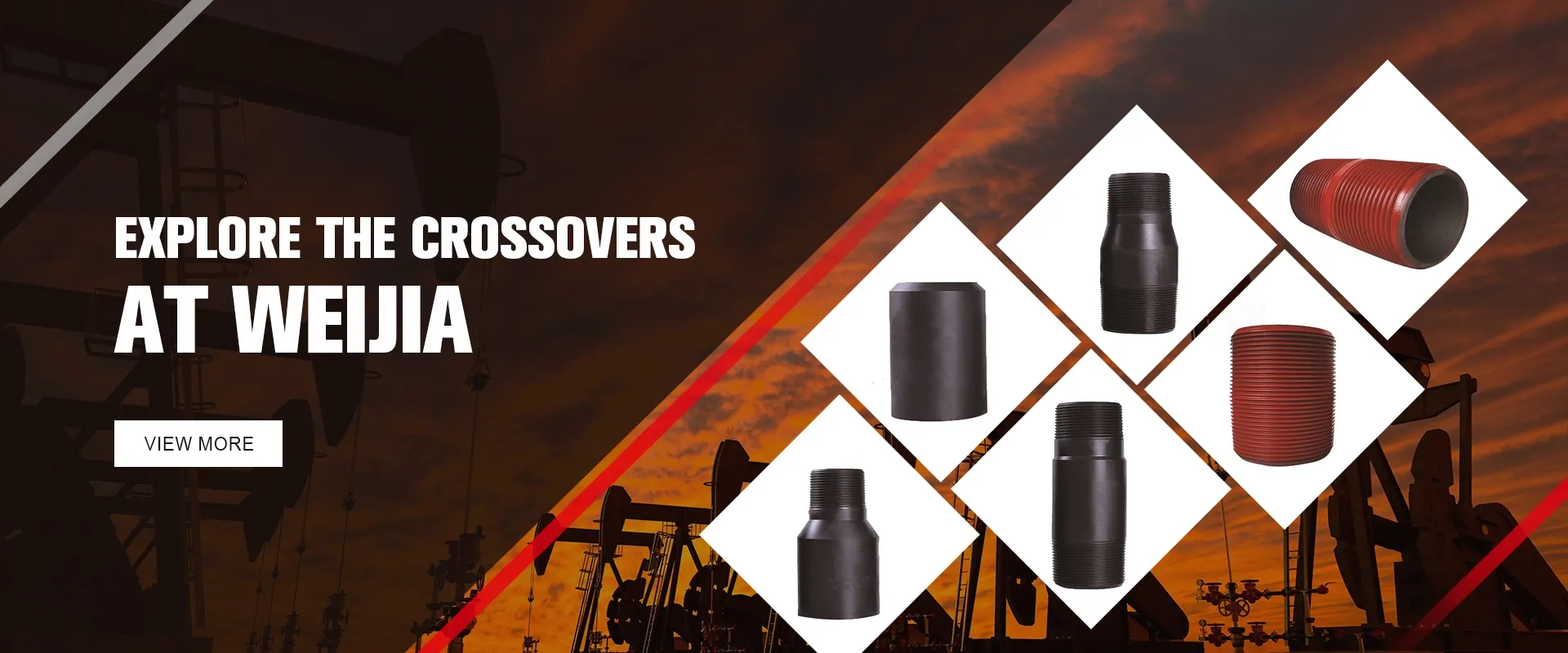- Afrikaans
- Albanian
- Amharic
- Arabic
- Armenian
- Azerbaijani
- Basque
- Belarusian
- Bengali
- Bosnian
- Bulgarian
- Catalan
- Cebuano
- Corsican
- Croatian
- Czech
- Danish
- Dutch
- English
- Esperanto
- Estonian
- Finnish
- French
- Frisian
- Galician
- Georgian
- German
- Greek
- Gujarati
- Haitian Creole
- hausa
- hawaiian
- Hebrew
- Hindi
- Miao
- Hungarian
- Icelandic
- igbo
- Indonesian
- irish
- Italian
- Japanese
- Javanese
- Kannada
- kazakh
- Khmer
- Rwandese
- Korean
- Kurdish
- Kyrgyz
- Lao
- Latin
- Latvian
- Lithuanian
- Luxembourgish
- Macedonian
- Malgashi
- Malay
- Malayalam
- Maltese
- Maori
- Marathi
- Mongolian
- Myanmar
- Nepali
- Norwegian
- Norwegian
- Occitan
- Pashto
- Persian
- Polish
- Portuguese
- Punjabi
- Romanian
- Russian
- Samoan
- Scottish Gaelic
- Serbian
- Sesotho
- Shona
- Sindhi
- Sinhala
- Slovak
- Slovenian
- Somali
- Spanish
- Sundanese
- Swahili
- Swedish
- Tagalog
- Tajik
- Tamil
- Tatar
- Telugu
- Thai
- Turkish
- Turkmen
- Ukrainian
- Urdu
- Uighur
- Uzbek
- Vietnamese
- Welsh
- Bantu
- Yiddish
- Yoruba
- Zulu
Well Casing Couplers for Enhanced Stability and Performance in Drilling Operations
Understanding Well Casing Couplers An Essential Component in Drilling Operations
Well casing couplers play a crucial role in the oil and gas industry, specifically in drilling operations. These components are essential for connecting different sections of casing pipes, which serve to support and protect the wellbore environment. The importance of well casing couplers cannot be overstated, as they ensure the structural integrity of the well while also facilitating the safe extraction of resources.
What are Well Casing Couplers?
Well casing couplers, also known as casing connectors, are specialized fittings designed to join lengths of casing pipe together. Casing pipes are used to line the interior of a well, providing support and preventing soil and groundwater contamination. The couplers are engineered to provide a secure connection that can withstand high pressures and extreme environmental conditions encountered during drilling operations.
Types of Well Casing Couplers
There are several types of well casing couplers, each designed for specific applications and requirements. Some common types include
1. Threaded Couplers These are among the most traditional types of couplers. They feature external and internal threads that allow for easy connection and disconnection. Threaded couplers are often used for shallow wells and applications where maintenance is frequent.
2. Welded Couplers These couplers are permanently attached to the casing pipes through welding. They provide a very strong and secure connection, making them suitable for deep wells and high-pressure environments.
3. Flanged Couplers These feature flanges that allow for a bolted connection between casing sections. Flanged couplers are advantageous when a quick disconnection is needed during maintenance or repairs.
well casing coupler

4. Slip Couplers Designed to allow expansion and contraction of casing pipes, these couplers consist of one pipe sliding over another. This flexibility helps accommodate movements caused by temperature changes in the surrounding environment.
Importance of Well Casing Couplers
The role of well casing couplers in drilling operations goes beyond simple connectivity. Here are several reasons why they are essential
- Structural Integrity Casing couplers ensure that the well remains stable over time. A secure connection reduces the risk of collapse, which can have catastrophic consequences in deep drilling operations.
- Prevention of Contamination Properly installed casing couplers create a barrier between the well and surrounding soil, helping to prevent harmful substances from contaminating groundwater supplies.
- Ease of Maintenance Well casing couplers that are easy to connect and disconnect facilitate maintenance and repairs. This is especially important in deep wells, where access can be challenging and costly.
- Cost Efficiency Investing in high-quality casing couplers can lead to long-term savings by reducing the likelihood of leaks and other problems that require costly remedial actions.
Conclusion
In conclusion, well casing couplers are a vital part of the drilling process in the oil and gas industry. Their ability to provide a secure, stable, and protective connection between casing pipes is critical for the safe and efficient extraction of resources. Understanding the different types of casing couplers and their specific applications can help drilling professionals make informed decisions, leading to safer operations and reduced environmental impact. As drilling technology continues to evolve, the importance of reliable components like well casing couplers will remain paramount for the industry's future.
-
Tubing coupling plays a significant role in the chemical industryNewsApr.03,2025
-
The Importance of Tubing Crossover in Various Industrial FieldsNewsApr.03,2025
-
The characteristics and important role of Tubing Pup JointNewsApr.03,2025
-
Characteristics and functions of Pup jointNewsApr.03,2025
-
Characteristics and Functions of Pup Joint PipeNewsApr.03,2025
-
Application of Coupling Casing in Various ScenariosNewsApr.03,2025







